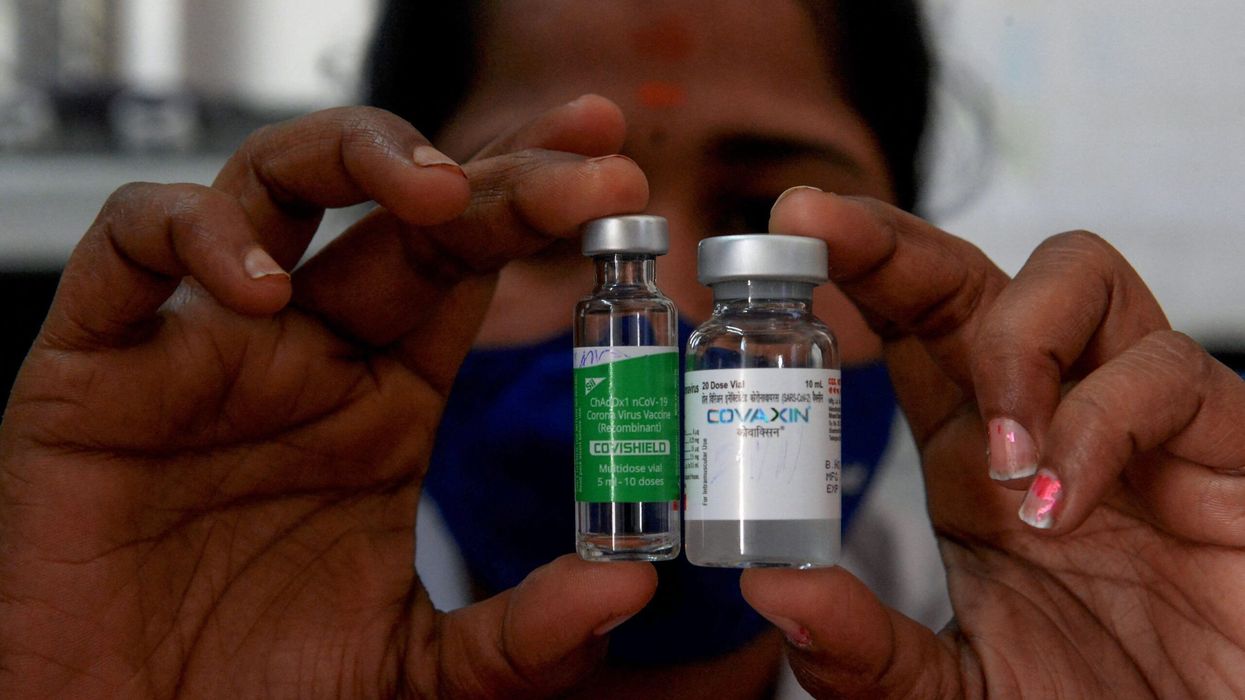To develop immunity towards Covid-19, AstraZeneca, a big pharmaceutical company in the UK had developed the Covishield Vaccine. After the pandemic has subsided and the maximum population has taken the vaccine, the company has admitted that the Covishield vaccine can result in a rare side effect known as Thrombosis with Thrombocytopenia Syndrome (TTS). A lawsuit has been filed against the company, alleging serious harm and deaths linked to vaccines.
This vaccine was extensively administered throughout India during the Covid-19 pandemic. Out of the two billion Covid-19 vaccines administered, over 1.6 billion vaccines were Covishield vaccines developed by Oxford University and AstraZeneca as of September 1, 2022 in India.
Thrombosis with Thrombocytopenia Syndrome (TTS) is a rare condition in which blood clots form in unusual places in the body, and the number of platelets in the blood drops. Platelets are small cells that help blood to clot, so having too few of them can be dangerous.
Though TTS is rare, it is important for individuals who have received vaccines associated with TTS to be aware of the symptoms and seek medical attention if they experience any of them within a few weeks of vaccination.
TTS is classified into 2 tiers by the CDC.
Tier 1: Rare blood clots, like in the brain or gut, sometimes alongside more typical ones in the legs or lungs. This is severe, riskier, and more common in young people.
Tier 2: This level includes common blood clots, like in the legs or lungs. A positive anti-PF4 ELISA test is necessary for diagnosis.
Symptoms of TTS can include severe headaches, stomach pain, swelling in the legs, trouble breathing, and problems with thinking or seizures. If someone shows these signs after getting a vaccine, they should see a doctor right away.
If a clot in the brain is suspected, patients are supposed to be referred to an emergency department for urgent investigation. TTS can be diagnosed by blood tests and scans, including CT scans.
Further treatment with medical expertise involves anticoagulant (anti-clotting) medicines (other than heparin), intravenous immunoglobulin (IVIG), an infusion of a blood product containing antibodies, and high-dose prednisone, a type of steroid medicine.




